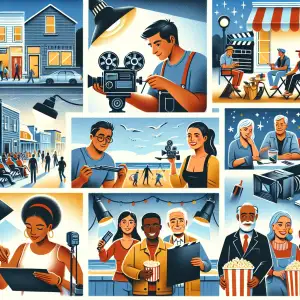Prince of Broadway: A Must-Watch Movie

Plot Summary
Lucky, a charming Ghanaian immigrant hustling on the streets of New York City, sees his life upended when a former fling leaves him with a baby daughter he never knew he had. At first resistant, Lucky finds himself growing attached to the child, even as he struggles to balance his newfound fatherhood with his ambitions of escaping his life on the streets. He navigates the challenges of counterfeit fashion, ruthless competitors, and the ever-present threat of immigration authorities, all while trying to provide for his daughter. Through it all, Lucky's inherent charisma and entrepreneurial spirit shine through, offering a glimpse into the lives of immigrants striving for a better future in the heart of New York City.
Cast and Characters
Themes Explored
"Prince of Broadway" (2008) delves into the life of Lucky, a street hustler in New York City's fashion district, whose world is turned upside down when a past girlfriend leaves him with a baby he never knew he had. The film, directed by Sean Baker, explores themes of fatherhood, responsibility, and redemption as Lucky grapples with his newfound role while navigating the challenges of his environment.
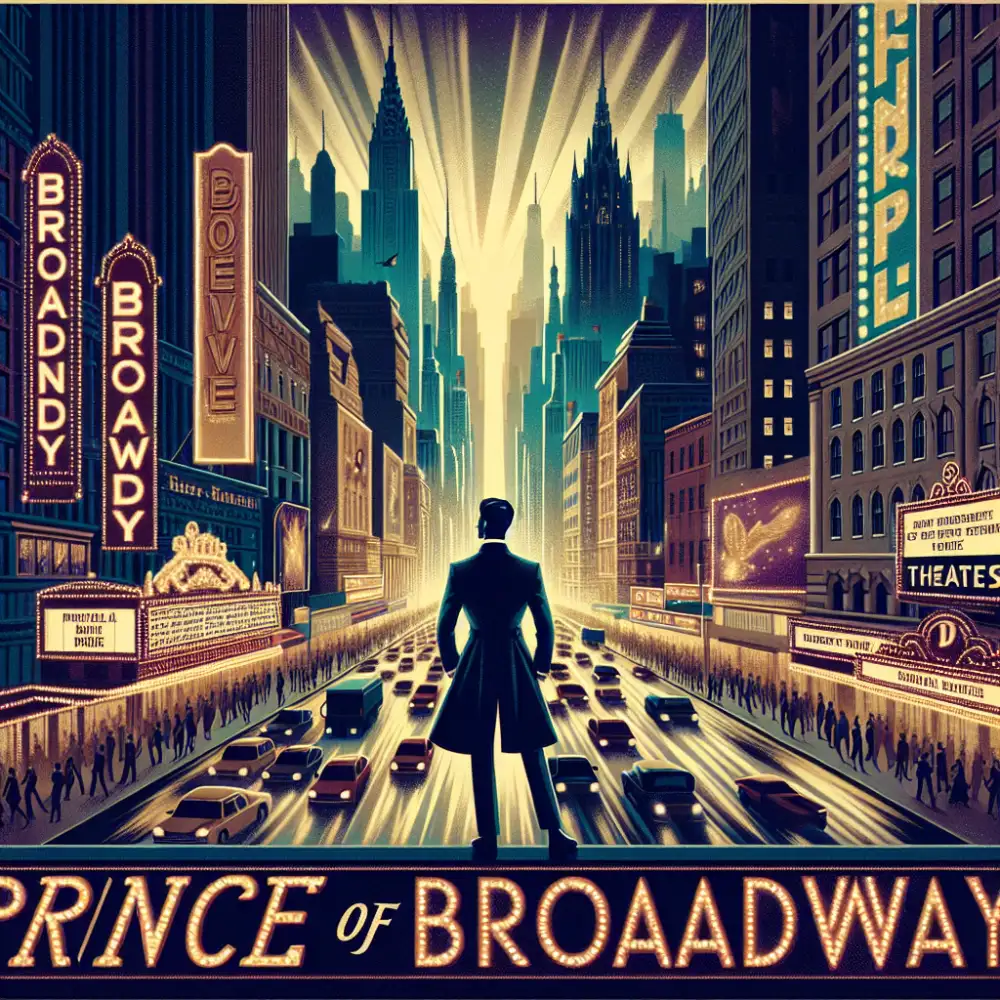

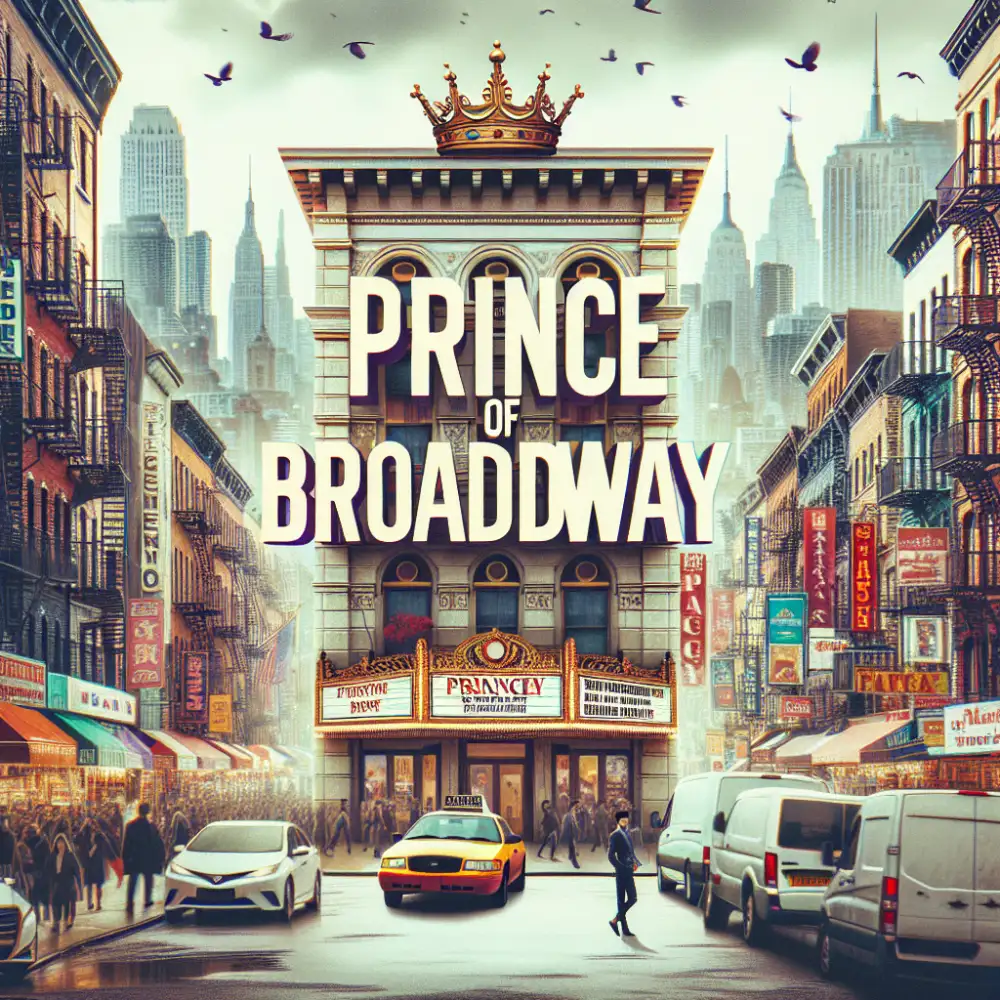
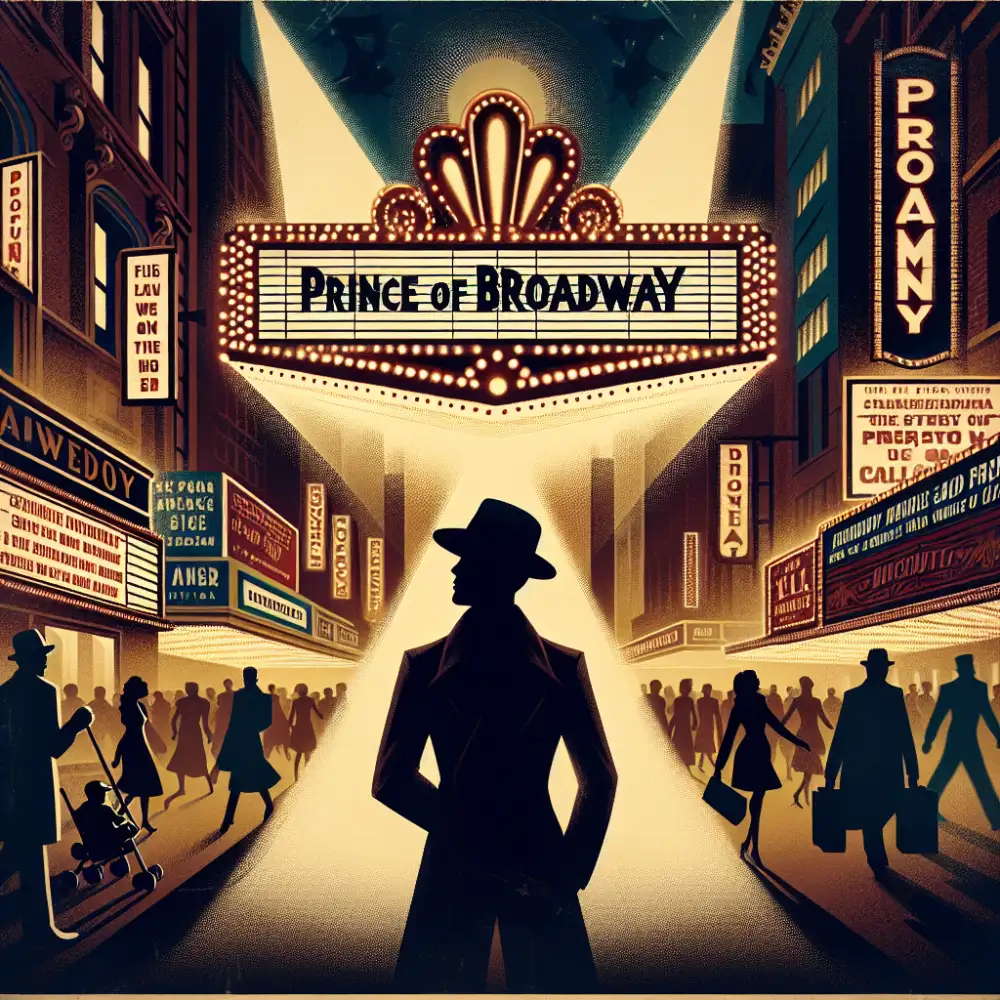
Forced to confront his past choices and the consequences of his actions, Lucky's journey becomes a poignant exploration of personal growth. The film also touches upon themes of poverty, immigration, and the struggles faced by marginalized communities in a bustling metropolis. Through Lucky's interactions with fellow hustlers, immigrants, and his newfound community, "Prince of Broadway" offers a glimpse into the realities of urban life and the resilience of the human spirit.
Critical Reception
“Prince of Broadway” (2008), directed by Sean Baker, garnered a largely positive response from critics, many of whom praised its realistic portrayal of life on the fringes of New York City and the powerful performances of its non-professional actors. Critics commended Baker's empathetic direction and ability to find moments of humor and humanity amidst the harsh realities faced by his characters. The film's authenticity, largely due to its use of non-professional actors and its cinéma vérité style, was frequently singled out for praise. Lead actor Prince Adu was lauded for his raw and captivating performance, with many critics noting his natural charisma and the depth of emotion he brought to the role.
While the film's low-budget aesthetic and improvisational style were not to everyone's taste, "Prince of Broadway" was generally recognized as a powerful and affecting work of independent cinema. Its sensitive exploration of themes like fatherhood, responsibility, and the immigrant experience resonated with audiences and critics alike.
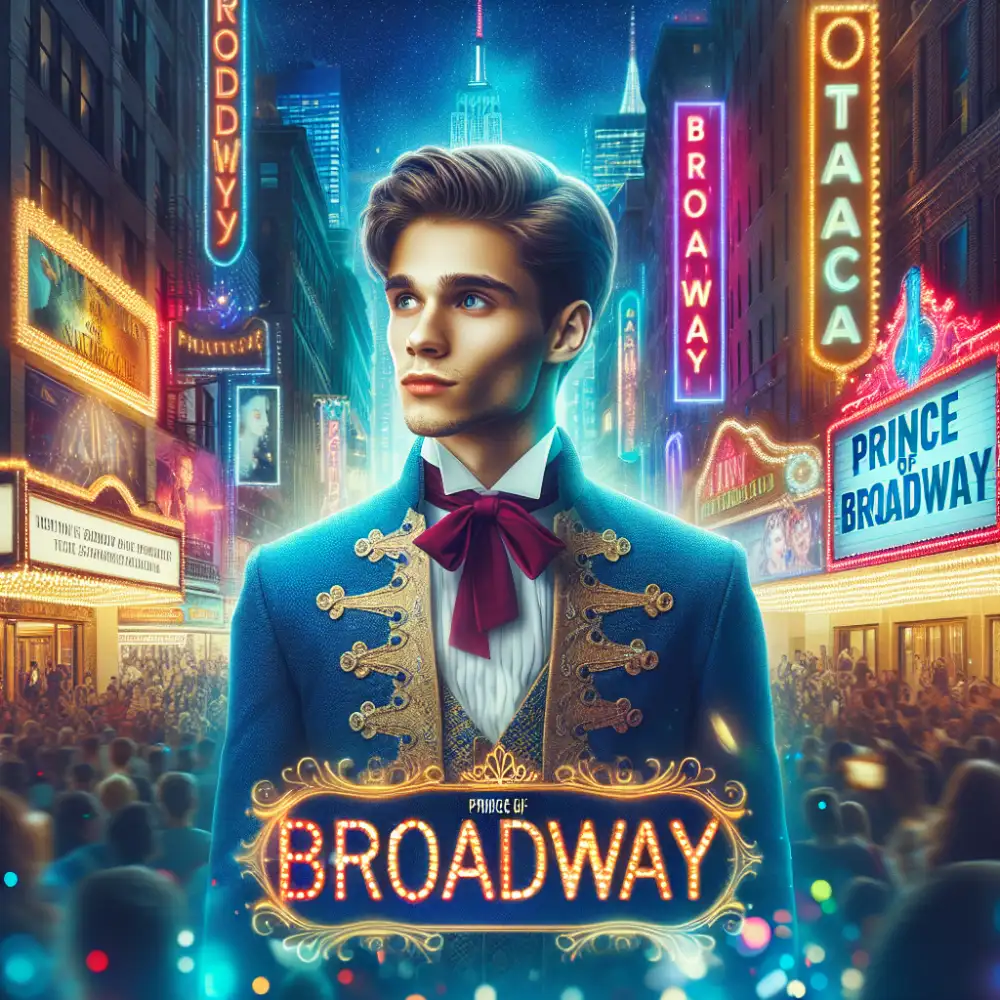
Box Office Performance
"Prince of Broadway" didn't make a huge splash at the box office, which isn't all that surprising given its limited release strategy and focus on a niche audience. It premiered on the festival circuit, garnering critical acclaim and awards buzz, but that didn't translate to blockbuster numbers when it hit theaters. The film primarily attracted cinephiles and fans of independent cinema, drawn in by its strong reviews and intriguing premise. Without a major marketing push or big-name stars, "Prince of Broadway" struggled to compete with bigger budget, more commercially-driven films playing on screens at the same time. While its box office performance might not have broken records, the film's impact goes beyond pure financial success. It sparked important conversations about social issues, resonated with immigrant communities, and cemented its place as a hidden gem within the independent film world. "Prince of Broadway" serves as a reminder that sometimes, the most impactful films aren't the ones that rake in millions, but the ones that tell human stories with honesty and heart.
Awards and Recognition
“Prince of Broadway” (2008), a poignant drama directed by Sean Baker, garnered critical acclaim and numerous accolades on the international film festival circuit. The film, a moving portrayal of a New York City street hustler grappling with unexpected fatherhood, earned high praise for its realistic depiction of life on the margins and the powerful performances of its non-professional cast.
The film’s lead actor, Prince Adu Kworteng, delivered a breakthrough performance as Lucky, a Ghanaian immigrant navigating the complexities of survival and fatherhood. Kworteng’s raw and authentic portrayal earned him the Best Actor award at the 2008 Los Angeles Film Critics Association Awards, marking a significant recognition of his talent.
Furthermore, “Prince of Broadway” was recognized for its compelling narrative and impactful storytelling. The film received the Someone to Watch Award at the 2009 Independent Spirit Awards, highlighting its unique voice and fresh perspective. It was also honored with the John Cassavetes Award at the 2009 Independent Spirit Awards, a testament to its low-budget ingenuity and artistic merit.
Directorial Style
Sean Baker's directorial style, characterized by its raw intimacy and documentary-like realism, finds a poignant resonance in "Prince of Broadway." Baker, known for his work on films like "Tangerine" and "The Florida Project," often immerses himself in the worlds he depicts, casting non-professional actors and shooting on location with a cinéma vérité approach. This approach is evident in "Prince of Broadway," where the bustling streets of New York City become more than just a backdrop; they are a character in themselves, shaping the lives and choices of the characters who inhabit them.
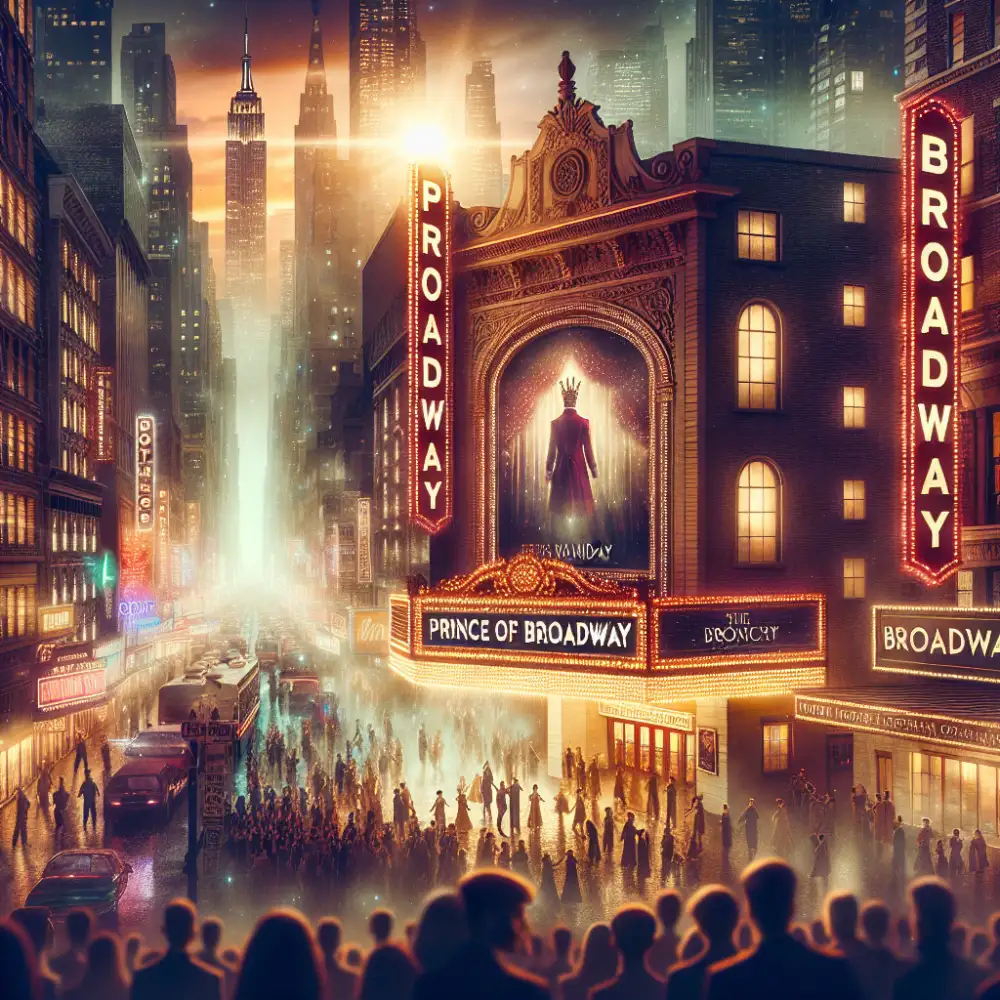

Baker's camera, often handheld and kinetic, follows Prince, a Ghanaian immigrant trying to make a living selling counterfeit goods, with an unflinching gaze. We see the world through his eyes, experiencing both the vibrancy and the harsh realities of his daily struggles. The film's visual style, gritty and unpolished, adds to the authenticity of the narrative, drawing the viewer into Prince's world and fostering a sense of empathy for his plight.
Beyond the visual aesthetics, Baker's directorial style is also marked by his ability to draw nuanced and heartfelt performances from his actors. In "Prince of Broadway," newcomer Prince Adu, in his first acting role, delivers a performance that is both raw and deeply moving. Baker's trust in his actors and his willingness to allow their lived experiences to inform their performances are evident in Adu's portrayal of Prince, a character grappling with fatherhood, responsibility, and the complexities of the American Dream.
Soundtrack and Music
The film Prince of Broadway (2008) features a captivating soundtrack that perfectly complements its poignant narrative. The film's score, composed by Robert Hurst, seamlessly blends elements of jazz, soul, and classical music, creating an atmospheric and emotionally resonant soundscape. Hurst's compositions beautifully capture the protagonist's inner turmoil, aspirations, and the vibrant energy of New York City.
| Feature | Prince of Broadway |
|---|---|
| Genre | Drama |
In addition to the original score, the film incorporates a selection of well-curated songs that enhance key scenes and deepen the emotional impact. From soulful ballads to upbeat funk tracks, the music choices reflect the diverse musical landscape of the film's urban setting. The soundtrack includes both original recordings and existing tracks from renowned artists, creating a rich and eclectic musical tapestry.
The film's soundtrack is not only integral to its storytelling but also serves as a testament to the power of music in conveying complex emotions and universal themes. The carefully chosen tracks and Hurst's evocative score work in harmony to create an immersive and unforgettable cinematic experience.
Cultural Impact
“Prince of Broadway,” the 2008 film directed by Sean Baker, offered a poignant glimpse into the lives of undocumented immigrants in New York City’s counterfeit goods trade. While not a box office smash, the film resonated with audiences and critics alike for its raw, realistic portrayal of the struggles and resilience of its characters. The film’s impact extended beyond the screen, sparking conversations about immigration, identity, and the American Dream. Critics lauded the film’s authenticity, praising Baker’s dedication to casting non-professional actors who brought genuine lived experiences to their roles. “Prince of Broadway” served as a powerful reminder of the humanity often overlooked in discussions about immigration, prompting viewers to engage with the issue on a more empathetic level.
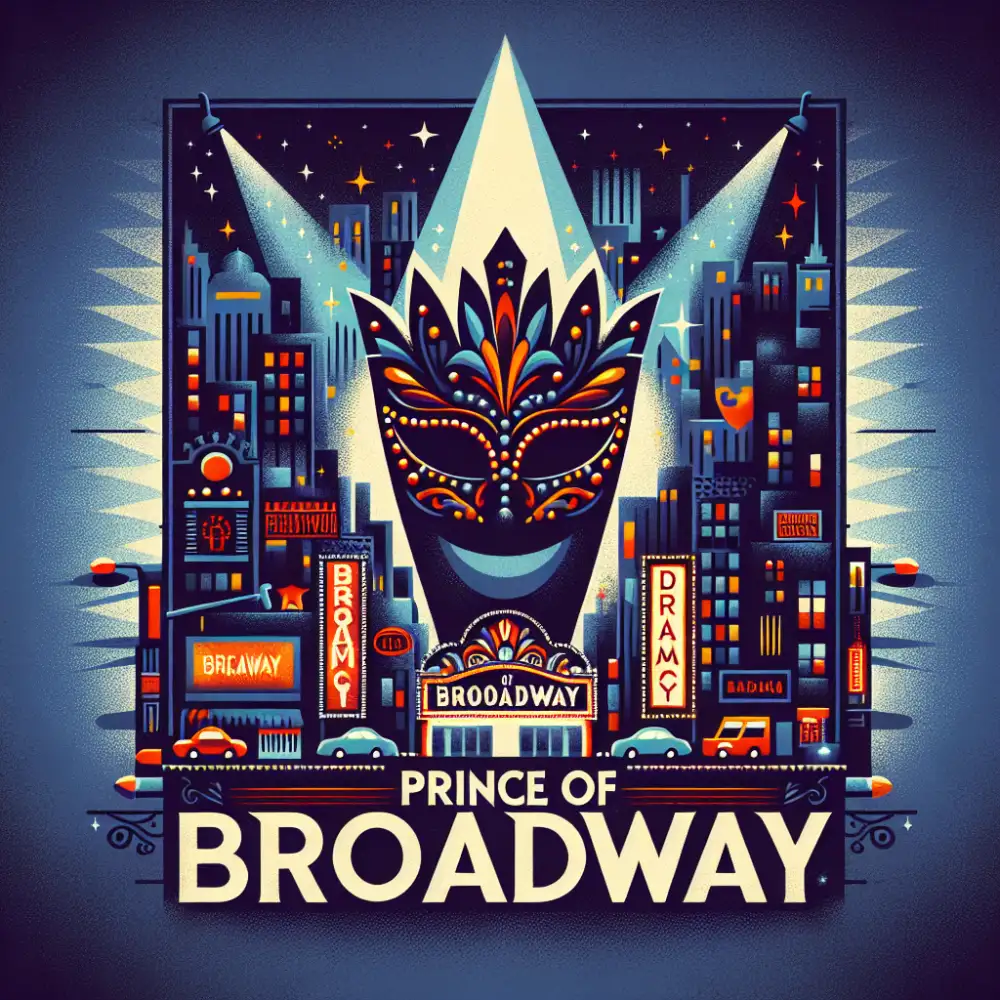
Legacy and Influence
The 2008 film "Prince of Broadway," directed by Sean Baker, offered a raw and intimate look at the life of a New York City street hustler. While not a commercial success, the film garnered critical acclaim for its realistic portrayal of its characters and the social milieu they inhabit. The film's influence can be seen in its neorealist approach, echoing the works of directors like Vittorio De Sica and Roberto Rossellini. Baker's use of non-professional actors and handheld camerawork contributed to the film's authenticity, drawing viewers into the protagonist's world and struggles. "Prince of Broadway" served as a stepping stone for Baker, who went on to direct critically acclaimed films like "Tangerine" (2015) and "The Florida Project" (2017), both of which further explore themes of marginalization and resilience in contemporary America. While "Prince of Broadway" may not be as widely known as Baker's later works, it remains a significant film for its gritty realism and its enduring impact on the director's signature style.
Published: 03. 07. 2024
Category: Food


